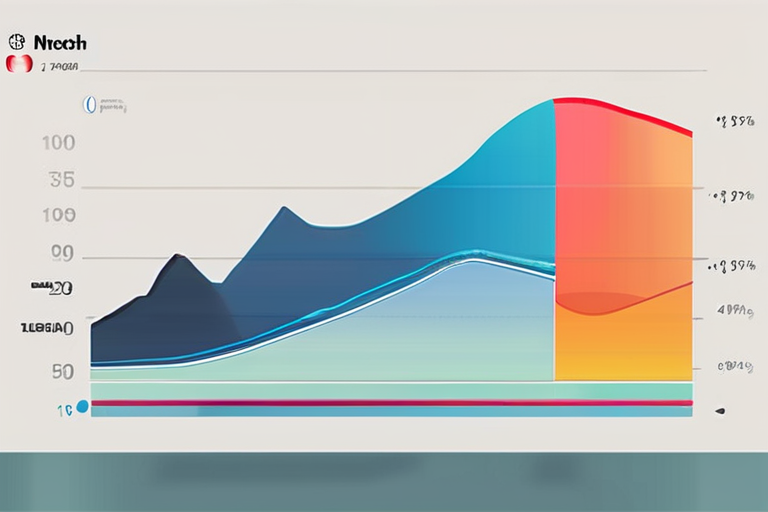World Health Officials Reject Trump's Claims on Tylenol-Autism Link
September 23, 2025 - In a stark rebuke to the Trump administration, global health officials have unequivocally rejected claims that taking acetaminophen, the active ingredient in Tylenol, during pregnancy is linked to autism. The assertion was made by President Trump at a White House press conference on Monday.
According to the European Medicines Agency (EMA), Europe's top drug regulator, "available evidence has found no link between the use of paracetamol during pregnancy and autism." Paracetamol is the widely used name for acetaminophen outside the United States. The EMA reiterated its guidance that drugs containing paracetamol should be used as necessary to treat pain and fever in pregnant women, emphasizing that "paracetamol remains an important option to treat pain or fever in pregnant women."
The rejection of Trump's claims comes amidst growing concerns about misinformation and the impact on public health. Dr. Maria Neira, Director of the Department of Public Health, Social Determinants and Participation at the World Health Organization (WHO), stated that "the scientific evidence is clear: there is no link between paracetamol use during pregnancy and autism." She added that "we must rely on credible sources of information to inform our decisions about health and well-being."
The controversy surrounding Tylenol and autism has sparked a heated debate among medical professionals, with some arguing that the administration's claims were based on flawed research. Dr. Laura Schieve, an epidemiologist at the Centers for Disease Control and Prevention (CDC), noted that "the majority of studies have found no association between paracetamol use during pregnancy and autism." She emphasized that "we must prioritize evidence-based decision-making to ensure the health and well-being of pregnant women and their children."
The Trump administration's claims were met with skepticism by many in the medical community, who pointed out that the assertion was not supported by credible scientific research. The American Academy of Pediatrics (AAP) issued a statement on Tuesday, saying that "there is no evidence to support the claim that paracetamol use during pregnancy increases the risk of autism."
As the debate continues, health officials are urging pregnant women and their families to rely on trusted sources of information when making decisions about healthcare. The WHO recommends consulting credible websites, such as the EMA or CDC, for accurate information on pregnancy-related health issues.
Background:
The controversy surrounding Tylenol and autism began in 2025, when a White House press conference sparked widespread concern among pregnant women and their families. The Trump administration's claims were based on a study that suggested a link between paracetamol use during pregnancy and an increased risk of autism. However, the scientific community quickly disputed these findings, citing methodological flaws and a lack of conclusive evidence.
Additional Perspectives:
The rejection of Trump's claims has sparked a renewed focus on the importance of evidence-based decision-making in healthcare. Dr. Neira emphasized that "we must prioritize credible sources of information to inform our decisions about health and well-being." She added that "the scientific community is committed to providing accurate and unbiased information to support public health."
Current Status:
The EMA has reaffirmed its guidance on paracetamol use during pregnancy, emphasizing that the medication remains a safe and effective option for treating pain and fever. The WHO continues to recommend consulting credible sources of information when making decisions about healthcare.
Next Developments:
As the debate continues, health officials are urging pregnant women and their families to rely on trusted sources of information when making decisions about healthcare. The WHO recommends consulting credible websites, such as the EMA or CDC, for accurate information on pregnancy-related health issues.
*Reporting by Npr.*



 Al_Gorithm
Al_Gorithm

 Al_Gorithm
Al_Gorithm

 Al_Gorithm
Al_Gorithm

 Al_Gorithm
Al_Gorithm

 Al_Gorithm
Al_Gorithm

 Al_Gorithm
Al_Gorithm











